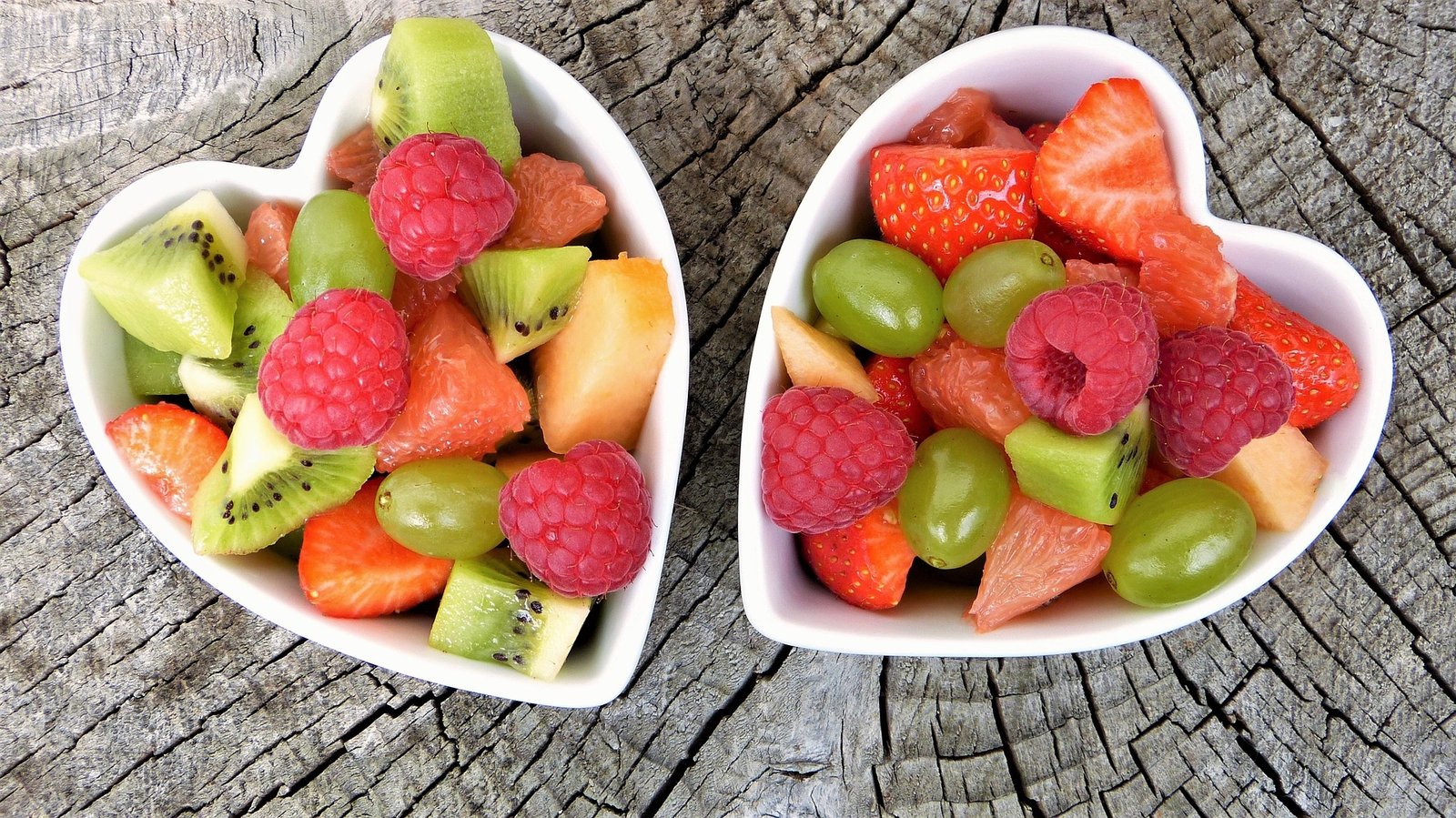Introduction: Embarking on a fitness journey is an incredible step towards a healthier, happier you. But while hitting the gym and breaking a sweat are essential, it’s crucial to understand the role of nutrition in your fitness journey. By integrating a well-balanced, nutrient-rich diet into your routine, you’ll fuel your body for optimal performance and recovery. In this article, we’ll dive into the significance of nutrition, provide tips for a healthy diet, and answer some common questions. So, let’s get started!
The Role of Nutrition in Your Fitness Journey: Tips for a Healthy Diet
Nourishing Your Body: Why Nutrition Matters
- Energy for Workouts: Your body needs fuel to power through exercise, and that fuel comes from the food you eat. A balanced diet provides the energy to maximize your workout potential.
- Muscle Building: Consuming enough protein is essential for muscle growth and repair. Without adequate protein, your body struggles to recover and build muscle mass.
- Weight Management: A well-rounded diet helps control your calorie intake, making it easier to maintain or lose weight depending on your fitness goals.
- Improved Overall Health: A nutritious diet supports your immune system, reduces the risk of chronic diseases, and promotes better mental health.
Crafting the Perfect Diet: Tips for Success
Macronutrient Balance: The Holy Trinity
- Carbohydrates: Carbs are your body’s primary energy source. Choose complex carbs like whole grains, fruits, and vegetables for sustained energy and better digestion.
- Protein: As mentioned earlier, protein is crucial for muscle growth and repair. Opt for lean sources like poultry, fish, legumes, and low-fat dairy products.
- Fats: Not all fats are created equal. Focus on healthy fats found in olive oil, avocados, nuts, and fatty fish to support brain function and hormone production.
Micronutrients: Don’t Forget the Little Guys
- Vitamins: These organic compounds are vital for overall health, immunity, and growth. Ensure you’re consuming a variety of fruits, vegetables, and fortified foods to meet your vitamin needs.
- Minerals: Minerals like calcium, iron, and magnesium are essential for bone health, muscle function, and energy production. Diversify your diet with leafy greens, nuts, seeds, and dairy products.
Meal Planning and Prepping: The Recipe for Success
- Planning: Schedule your meals and snacks to align with your workout routine, ensuring you have the right fuel at the right time.
- Prepping: Prepare your meals in advance to save time, reduce stress, and avoid unhealthy food choices.
Hydration: The Unsung Hero
- Why Water Matters: Proper hydration is crucial for digestion, nutrient absorption, and temperature regulation. Don’t forget to drink water before, during, and after your workouts.
Supplements: Do You Need Them?
- When to Consider Supplements: If you struggle to meet your nutrient needs through food alone, consider supplements. But always consult with a healthcare professional before adding them to your routine.
Listening to Your Body: The Key to Success
- Adjusting Your Diet: As your fitness journey progresses, your nutritional needs may change. Listen to your body and adjust your diet accordingly.
Indulging Mindfully: A Guilt-Free Approach
Treat Yourself: It’s essential to maintain balance in your life. Allow yourself occasional treats, but practice moderation to avoid derailing your progress.
Frequently Asked Questions (FAQs)
1. How many calories should I consume to support my fitness journey?
The number of calories you need depends on your age, gender, weight, activity level, and fitness goals. To maintain or lose weight, it’s crucial to strike a balance between the calories you consume and the calories you burn. Consult with a nutrition professional to determine the ideal caloric intake for your unique needs.
2. Can I achieve my fitness goals without paying attention to my diet?
While it’s possible to see some progress without focusing on nutrition, neglecting your diet will limit your overall results. To optimize your fitness journey, it’s essential to prioritize a balanced, nutrient-rich diet that fuels your body for peak performance and recovery.
3. How important is the timing of my meals and snacks?
The timing of your meals and snacks can impact your energy levels, workout performance, and recovery. Ideally, consume a mix of carbohydrates and protein within 30 minutes to an hour after your workout to support muscle repair and replenishment.
4. What should I eat before and after a workout?
Before a workout, opt for a carbohydrate-rich snack with a moderate amount of protein, such as a banana with almond butter or a small bowl of oatmeal with berries. After exercising, refuel with a meal or snack that combines protein and carbohydrates, like grilled chicken and quinoa or a protein shake with a piece of fruit.
5. Is it necessary to take supplements for my fitness journey?
Supplements can be beneficial in some cases, particularly if you have difficulty meeting your nutrient needs through food alone. However, it’s essential to consult with a healthcare professional before incorporating supplements into your routine.
6. How can I ensure that my diet is supporting my fitness goals?
Regularly assess your progress and listen to your body. If you’re not seeing the desired results or feel sluggish and fatigued, consider reevaluating your diet and making necessary adjustments. Working with a registered dietitian or nutritionist can also help optimize your nutrition plan.
Conclusion
The role of nutrition in your fitness journey cannot be overstated. By following these tips for a healthy diet, you’ll provide your body with the essential nutrients to support your workouts, recovery, and overall well-being. Remember to listen to your body, practice moderation, and enjoy the journey towards a healthier, fitter you

